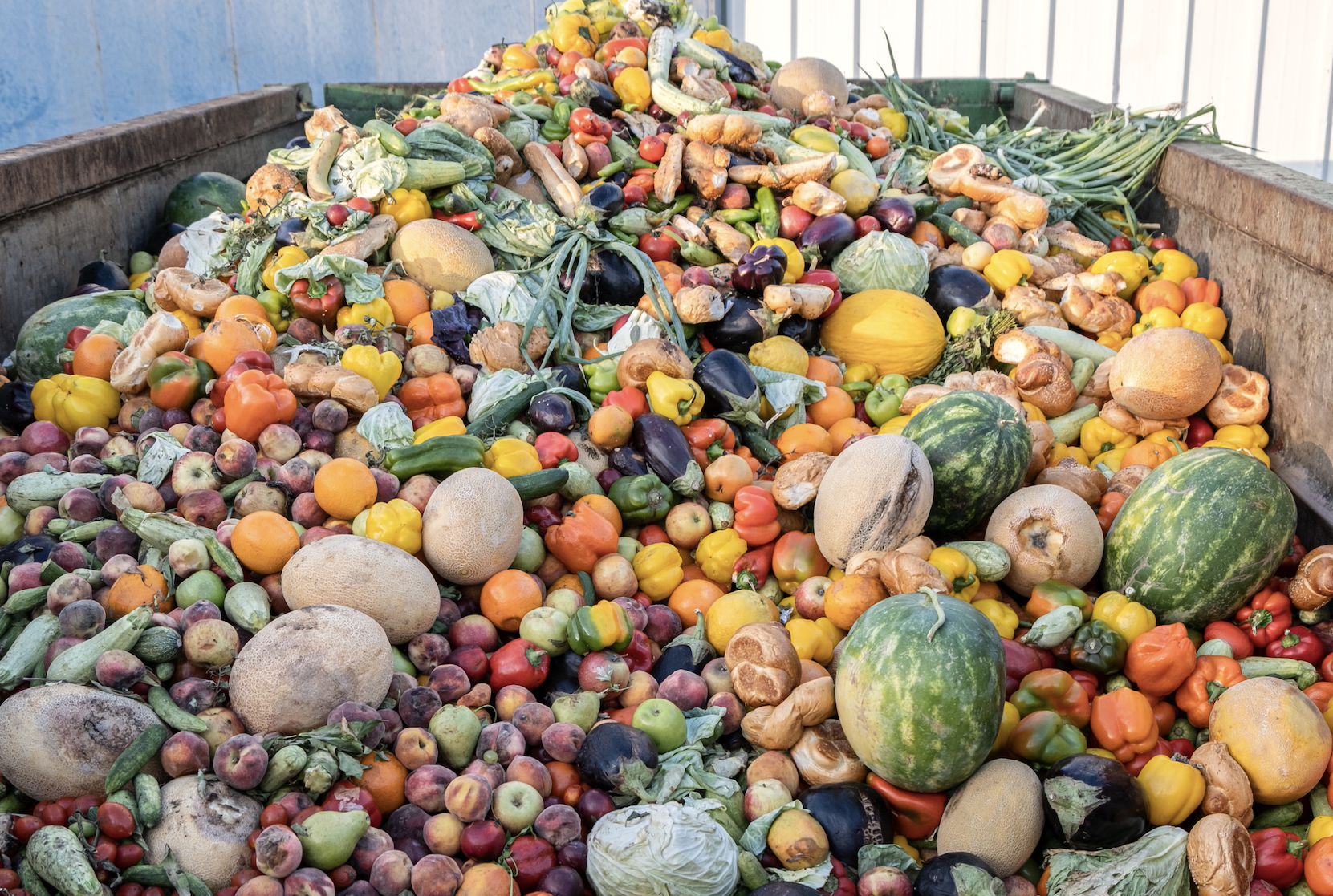
Michigan Partners to Develop Plan to Reduce Food System Waste
April 13, 2023
Projects seeks stakeholders from across the food system for dialogue on food loss and cross sector solutions for food waste
Michigan Sustainable Business Forum, Make Food Not Waste, the Center for EcoTechnology and an advisory council of industry stakeholders and national experts are developing a plan for Michigan to reduce food loss and waste by half as part of the state’s Mi Healthy Climate Plan.
Michigan disposes of more than one million tons of food waste through its municipal waste stream each year, the largest source of material disposed of in the state’s landfills and waste-to-energy facilities. According to estimates from the USDA, 30% to 40% of the state’s food supply is lost to waste. Project Drawdown estimates that wasted food is responsible for roughly eight percent of global emissions, ranking the reduction of food waste as the most impactful solution to address climate change.
With this in mind, the MI Healthy Climate Plan has recommended that Michigan adopt and pursue the joint USDA/USEPA goal to reduce food loss and waste by half no later than 2030. The Michigan Food System Waste Reduction Road Map will involve stakeholders throughout Michigan’s food system to identify strategies to guide policy makers on potential incentives, funding mechanisms, technical assistance, outreach, policy changes, and other programs that could be developed to reduce food waste among Michigan businesses and institutions. The project is partially funded through a grant from the Michigan Department of Environment, Great Lakes and Energy.
The project team is seeking invested and interested collaborators to engage in a series of virtual discussions to develop recommendations for cross-sector solutions. Sessions will present current research and the potential applicability of best practices and policies, and draft recommendations for each interest area. These working sessions include:
- Production Standards
Analysis of current date labeling verbiage and utilization, evaluate the potential for universal verbiage, as well as standardization of low-waste and efficient packaging and production protocols - Food Donation
Learn about current policies surrounding liability and incentives for food donation, discuss the technical support needed for constructive donations and review the Michigan food recovery landscape - Waste Reduction Technologies, Practice Improvements, Employee Training
Discuss best practices for waste reduction, including demand planning throughout the supply chain, methods for measurement of food waste, and identify barriers to effective employee training and engagement - Secondary Markets
Identify channels for food surplus (e.g. animal feed and FlashFood), examine best practices for measurement and transport of food, analyze price impact concerns, review B2B , B2C and upcycling programs, and discuss education and communication tools for industry sectors & the public - Infrastructure Improvements
Present ideas on needs from various stakeholders within the food industry for food collection, processing, storage, distribution, and composting. Identify the resources needed to overcome current infrastructure barriers - Community Awareness and Education
Conceptualize practices to reach household markets with recommendations, involve the industry sectors to become leaders and educators for the community, and celebrate innovative ideas and progress of food waste reduction - Agency Collaboration and Leadership
Identify mutually beneficial partnerships within the food system, learn how to invite changing perspectives and how to distribute resources and materials through trusted agencies
Individuals with experience in food loss/food waste within the agriculture, food processing and production, grocery and retail, food service, and transportation and logistics sectors are invited to participate in these solution sessions.
